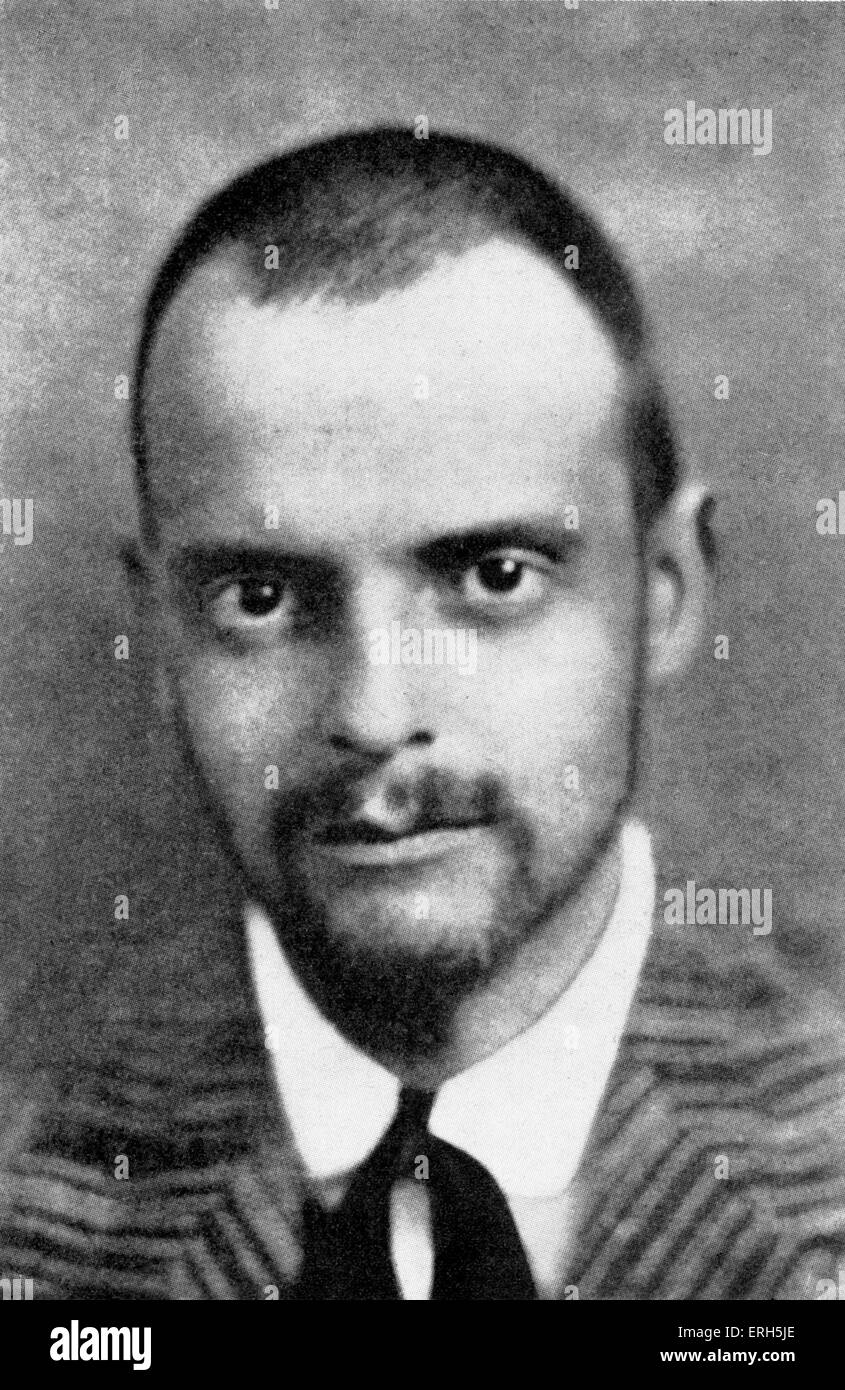
Paul Klee, Swiss painter. 18 December 1879 29 June 1940 Stock Photo Alamy
Summary of Paul Klee. Paul Klee, a Swiss-born painter, printmaker and draughtsman of German nationality, was originally associated with the German Expressionist group Der Blaue Reiter, and subsequently taught at the Bauhaus, the widely influential German art school of the interwar period.Klee's diverse body of work cannot, however, be categorized according to any single artistic movement, or.

reading paul klee Yun Yi's Blog
Paul Klee (1879-1940) has been called many things: a father of abstract art, a Bauhaus master, the progenitor of Surrealism, and—by many an art historian and fan (members of his cult following affectionately refer to each other as "Klee-mates")—a very hard man to pin down.Indeed, the Swiss-German artist's paintings are tied to numerous groundbreaking 20th-century movements, from.

Paul Klee, Blue Rider, Action Painting, Wassily
Updated on January 18, 2019. Paul Klee (1879-1940) was a Swiss-born German artist who was one of the most important artists of the 20th century. His abstract work was varied and could not be categorized, but was influenced by expressionism, surrealism, and cubism. His primitive drawing style and use of symbols in his art revealed his wit and.

Paul Klee Tarih Meleği
From 1921, German-Swiss painter and graphic artist Paul Klee (1879-1940) taught at the Bauhaus—the school of art, architecture, and design founded by Walter Gropius in 1919. In 1931, shortly before the Bauhaus closed under Nazi pressure, Klee moved to Düsseldorf to teach at the Düsseldorf Academy. The Nazis deemed his art "degenerate.

The Color of Paul Klee (Portrait of Paul Klee), Oil on Canvas 20x16", © Copyright 2011 Alan
Paul Klee, "Angelus Novus" (1920); Walter Benjamin'in "Tarih Meleği" olarak adlandırdığı resim, kaynak: Wikimedia Commons Peki, merdiveni üzerinden İller Bankası binası yıkıntısına bakan Reiche bize neyi aktarır?
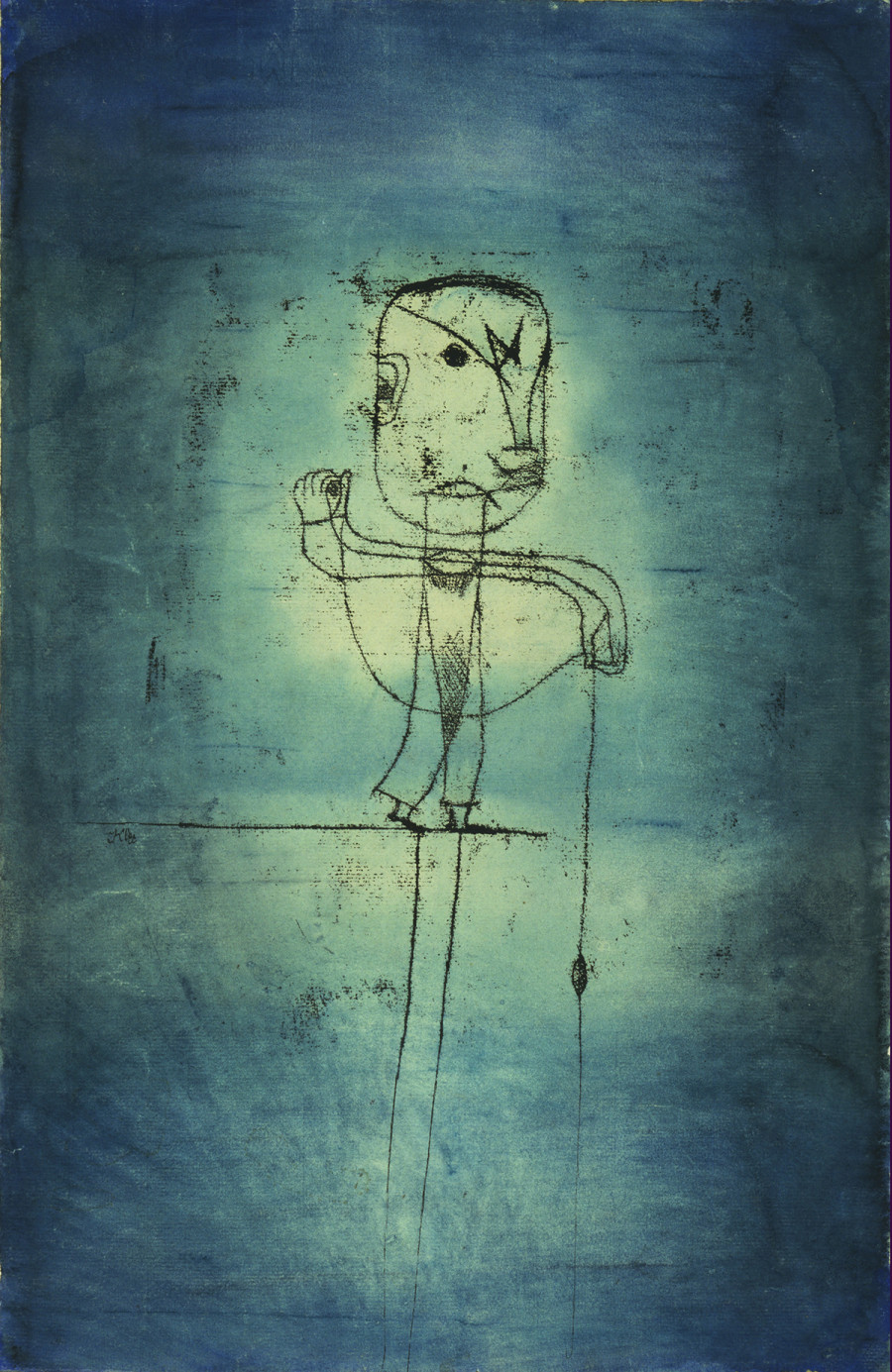
'Degenerate Art' Once Looted By The Nazis Is Now Being Shown In Stunning Exhibition HuffPost
Örneğin Klee'nin 'tarih meleği' olarak adlandırılan Angelus Novus adlı tablosu, felsefi analizi bakımından ekspresyonist soyut resmin en önemli tablolarından kabul edilmektedir. Paul Klee, Angelus Novus, 1920. 31.8 cm × 24.2 cm. Israel-Museum, Jerusalem
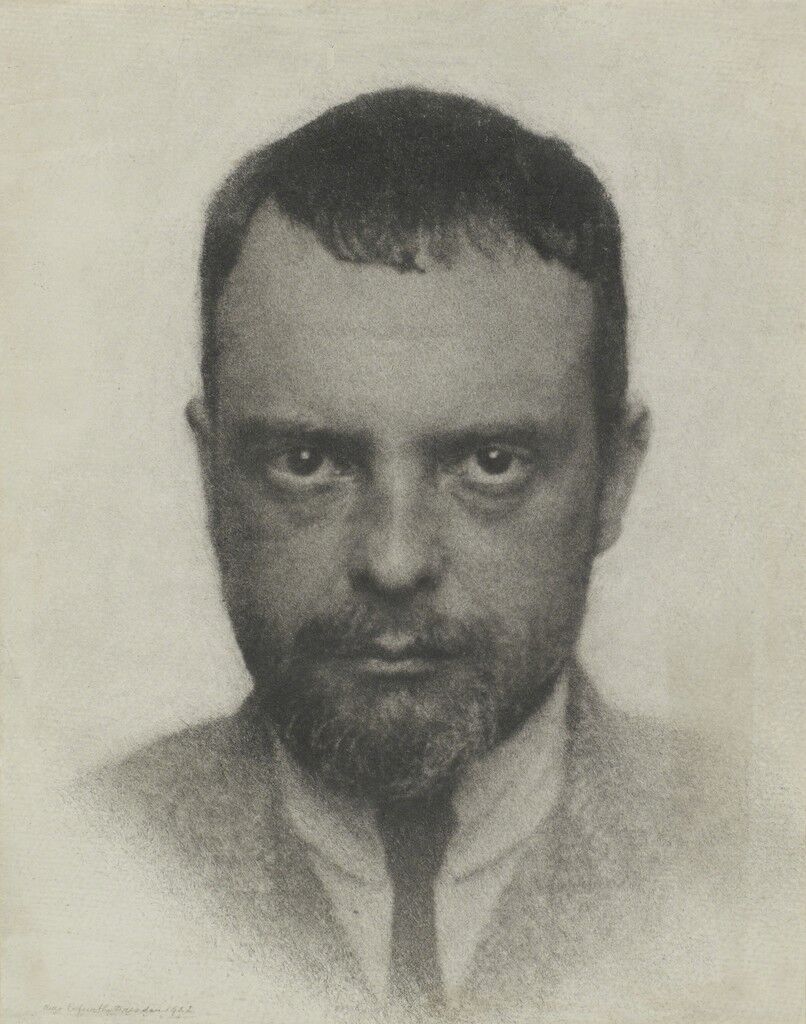
What You Need to Know about Paul Klee Artsy
Angelus Novus - Paul Klee Dirilen Tarih Meleği üzerine.. «Angelus Novus dalıp seyrettiği bir şeyden uzaklaşmak üzereymiş gibi duran bir meleği anlatır. Gözleri dik dik bakıyor, ağzı aralık, kanatları iki yana açılmış. Tarih Meleği bu şekilde betimlenir.

Fascinating Facts Of The Great War Paul Klee (18 1940) German Artist and Soldier in WW1
Paul Klee'nin Angelus Novus'u, Alman filozof Walter Benjamin'e göre, "sabit bir şekilde düşündüğü bir şeyden uzaklaşmak üzereymiş gibi görünen bir meleği gösteriyor." Benjamin, resmi çizildikten bir yıl sonra 1921'de Klee'den satın aldı ve uzun, ızdıraplı sürgün hayatı boyunca yanından hiç ayırmadı.

Paul Klee The Terrible One (1925) MutualArt
Benjamin, "Tarih Kavramı Üzerine" (1940) isimli çalışmasında Klee'nin resmine "tarihsel, sosyolojik" bir anlam yükleyerek, bu meleği, adeta İkinci Dünya Savaşı'nın gölgesinde, tüm yıkıcılığın, yakıcılığın habercisi, adeta bir "sis çanı" gibi yorumlar. Benjamin için "Angelus Novus.

paul klee The Higher Inquiètude
Paul Klee (born December 18, 1879, Münchenbuchsee, near Bern, Switzerland—died June 29, 1940, Muralto, near Locarno) Swiss-German painter and draftsman who was one of the foremost artists of the 20th century. Early life and education Klee's mother, née Ida Maria Frick of Basel, and his German-born father, Hans Klee, were both trained as musicians.

Linda Steele Quilt Blog Paul Klee
The limpid light of North Africa awakened his sense of color. During his stay, Klee gradually detached color from physical description and used it independently, which gave him the final needed push toward abstraction. The view of the mosque in Hammamet with Its Mosque (1914; 1984.315.4) demonstrates Klee's path toward abstraction.
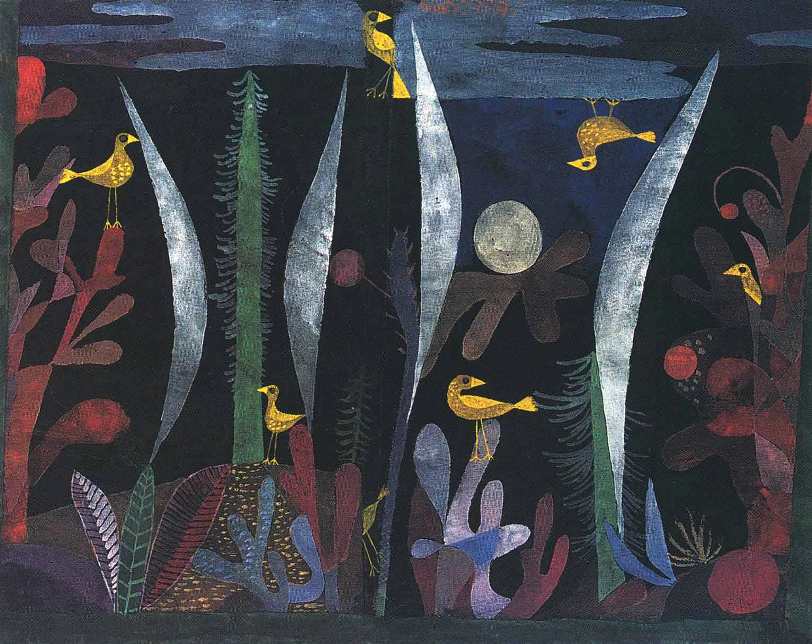
Hiçlikte Bir An Olası dünyaların ressamı Paul Klee
Paul Klee ( German: [paʊ̯l ˈkleː]; 18 December 1879 - 29 June 1940) was a Swiss-born German artist. His highly individual style was influenced by movements in art that included expressionism, cubism, and surrealism.
Paul Klee May Picture The Met
Paul Klee kimdir: İsviçreli sanatçı, 18 Aralık 1879- 29 Haziran 1940, Locarno, İsviçre Paul Klee'nin Önemli Eserleri: Kanatlı Kahraman (1905) Çinko üstüne soğuk kazı gravürü - Modern Sanat Müzesi, New York Klee, ressamlığa başlamadan önce teknik ressamlık yapmıştır.

Paul Klee Blühendes, 1934 Paul Klee Paintings, Paul Klee Art, Abstract Painting, Art Painting
Ümit Aktaş Fotoğraf: Reformancers Tarih meleği "Tarih meleği", W. Benjamin'in "Tarih Kavramı Üzerine" başlıklı tezlerinde bahsi geçen, Paul Klee'nin bir resmidir. Resimde, meleğin yüzü bize bakmakta ama kıyametsi bir rüzgâr tarafından arkaya, geleceğe doğru sürüklenmektedir. Şaşkındır yüzü, ürküntülüdür ama çaresizdir de. Bizim gibidir yani.
.jpg?mode=max)
Paul Klee (18791940)
Birçok uzman ve düşünüre göre Paul Klee, Tarih Meleği olarak düşünülen bu resmi yapma duygusunu geçmiş savaş tıllarına bağlar. Klee I. Dünya Savaşı sırasında Alman kuvvetlerine alınmıştı ve bundan derinden etkilenmişti. Gerçi askerlik hizmetinin çoğunu cepheden uzakta geçirmesi, resim ve çizim yapmasına olanak.
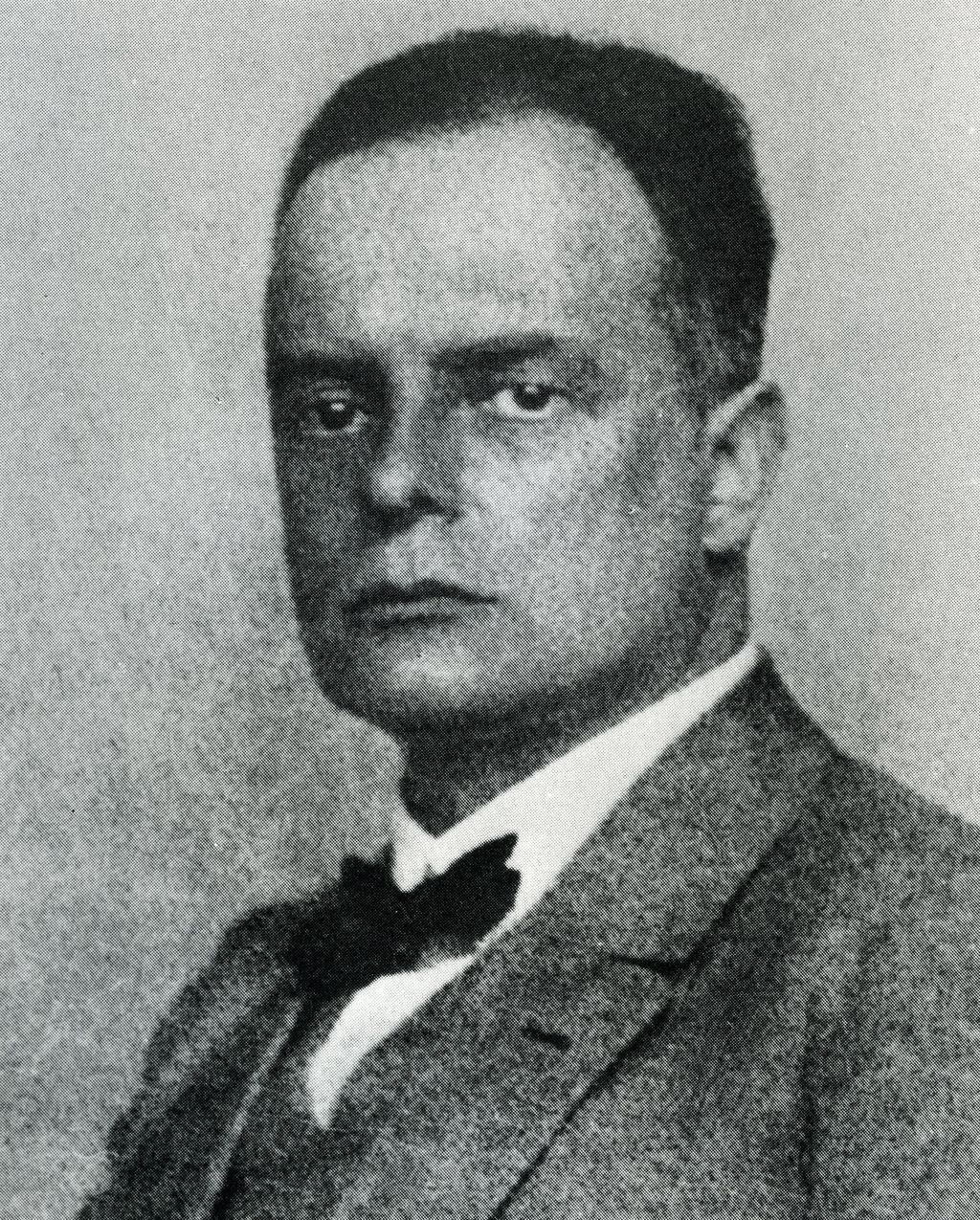
LeMO Biografie Biografie Paul Klee
Paul Klee (German: [paʊ̯l ˈkleː]; 18 December 1879 - 29 June 1940) was a Swiss German artist. His highly individual style was influenced by movements in art that included Expressionism, Cubism, and Surrealism.Klee was a natural draftsman who experimented with and eventually deeply explored color theory, writing about it extensively; his lectures Writings on Form and Design Theory.